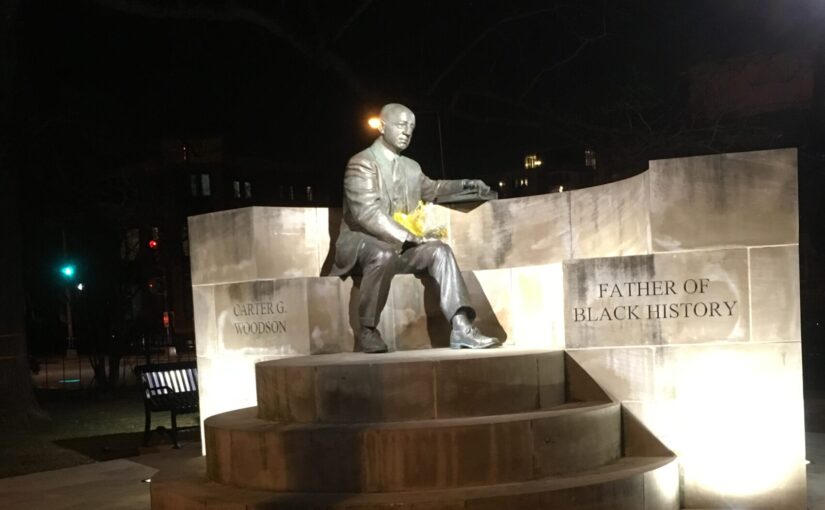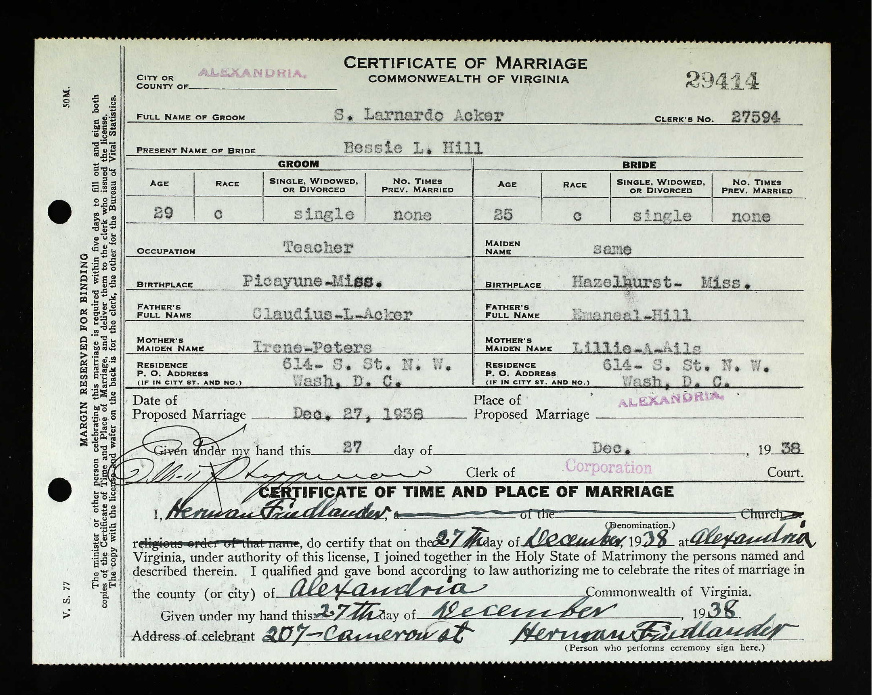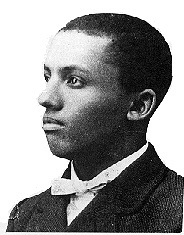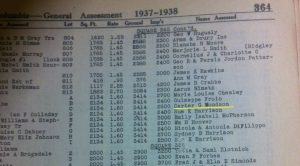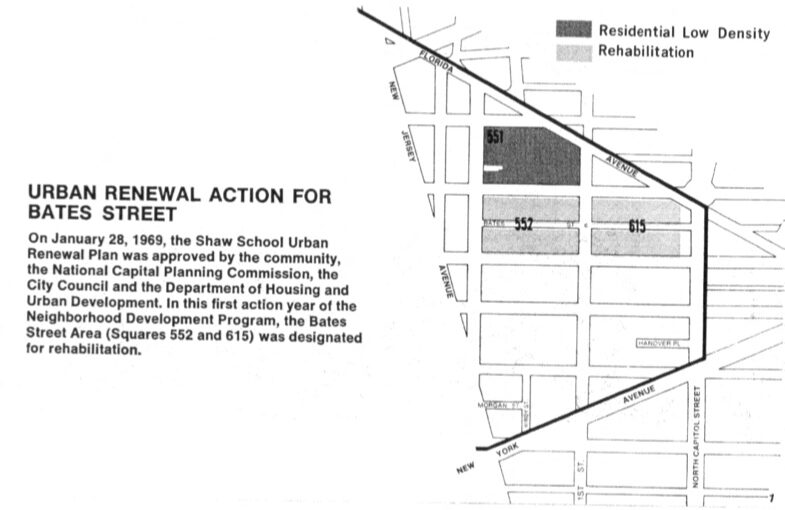This is a series regarding Shaw resident Carter G. Woodson’s book The Mis-Education of the Negro.
In this chapter Woodson looks at the history of education for African Americans after the Civil War. I had heard an audiobook that threw general criticism of Southern education, and Woodson does here too a bit. “The participation of the freedmen in government for a few years during the period known as the Reconstruction had little bearing on their situation except that they did join with the uneducated poor whites in bringing about certain much-desired social reforms, especially in giving the South its first plan of democratic education in providing for a school system at public expense. ”
In this chapter, the way I’m reading it, Woodson is not happy with the practicality of African American education, in addition to the quality.
Others more narrow-minded than the advocates of industrial education, seized upon the idea, feeling that, although the Negro must have some semblance of education, it would be a fine stroke to be able to make a distinction between the training given the Negro and that provided for the whites. Inasmuch as the industrial educational idea rapidly gained ground, too, many Negroes for political purposes began to espouse it; and schools and colleges hoping thereby to obtain money worked out accordingly makeshift provisions for such instruction, although they could not satisfactorily offer it. A few real industrial schools actually equipped themselves for this work and turned out a number of graduates with such preparation. Continue reading Carter G. Woodson – Mis-Education of the Negro-Chapter 2: How We Missed the Mark

